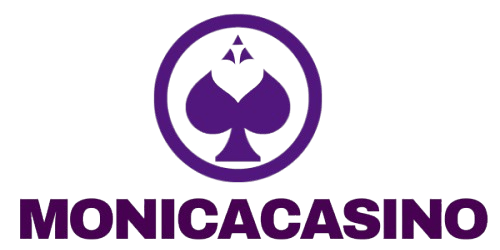Few gaming platforms have had as profound an impact on the 보스카지노 주소 industry as Sony’s PlayStation. Since the mid-1990s, PlayStation games have been at the forefront of innovation, both technically and creatively. Whether it’s horror, role-playing, action, or racing, the best PlayStation games haven’t just competed in these genres—they’ve helped define and elevate them. This consistency over multiple generations is what has kept PlayStation a dominant force in the gaming world.
Consider survival horror: the release of Resident Evil on the original PlayStation practically invented the genre, creating a template that still influences games today. Then there’s the RPG space, where Final Fantasy VII redefined what a console RPG could be, both in terms of cinematic presentation and emotional depth. These early triumphs were not one-off events—they were part of a larger trend that continued through the PS2 with God of War, PS3 with The Last of Us, and PS4 with Bloodborne and Spider-Man.
PlayStation’s handheld efforts also contributed to this genre-shaping legacy. The PSP wasn’t just a platform for playing “lighter” games—it was where innovation thrived. Monster Hunter Freedom Unite turned into a phenomenon in Japan, pioneering the concept of cooperative action RPGs on the go. Titles like Killzone: Liberation offered tactical shooter gameplay with precision controls that felt made for mobile combat. These weren’t spinoffs—they were essential chapters in their franchises and in genre evolution.
The best games from the PlayStation brand—on both console and PSP—continue to influence how developers think about genre design and storytelling. Whether it’s redefining third-person shooters, raising expectations for platformers, or creating new mechanics that eventually become industry standards, PlayStation games are synonymous with progress. They’re not just good—they’re often the first, the boldest, and the most memorable.
